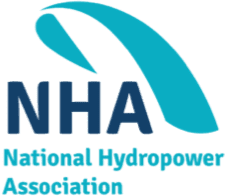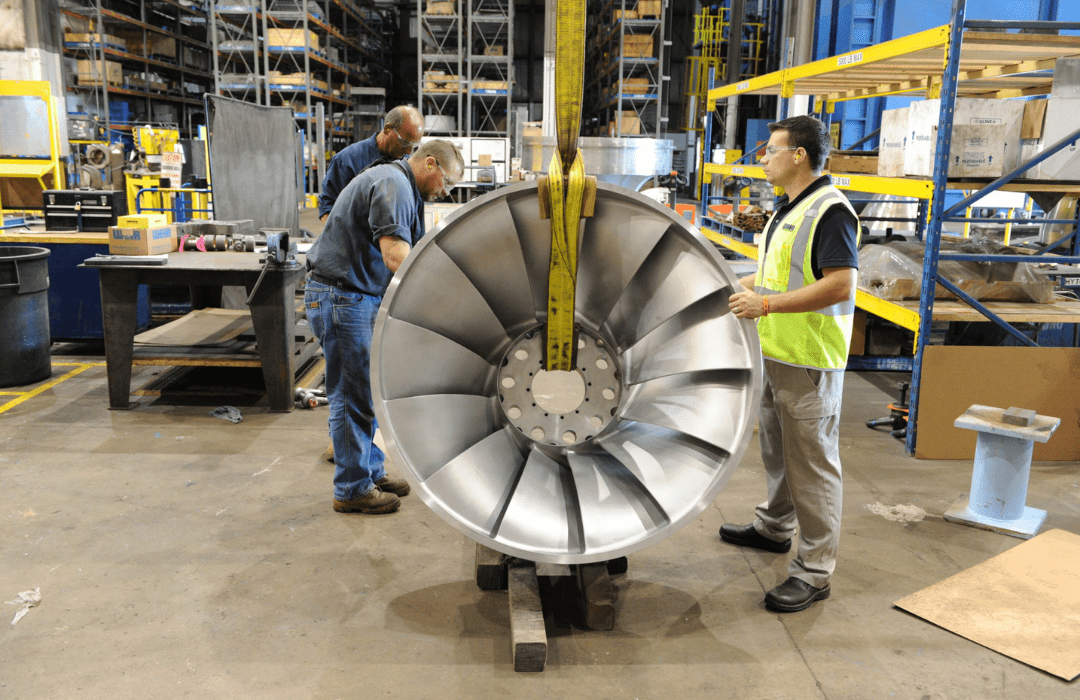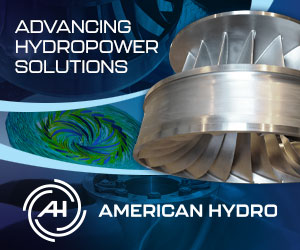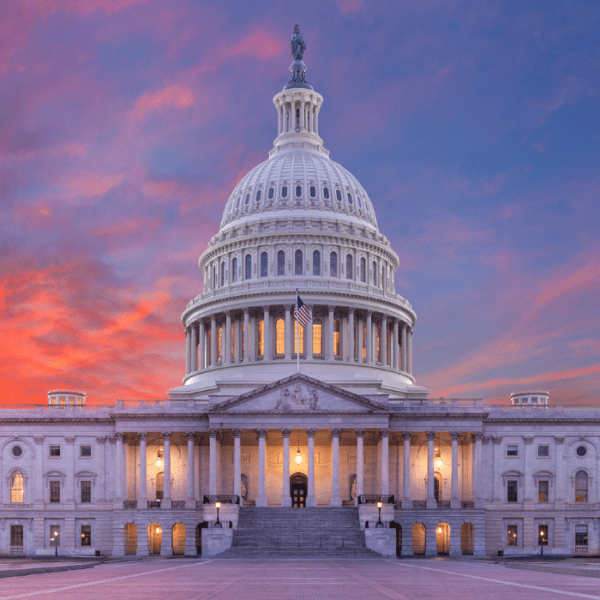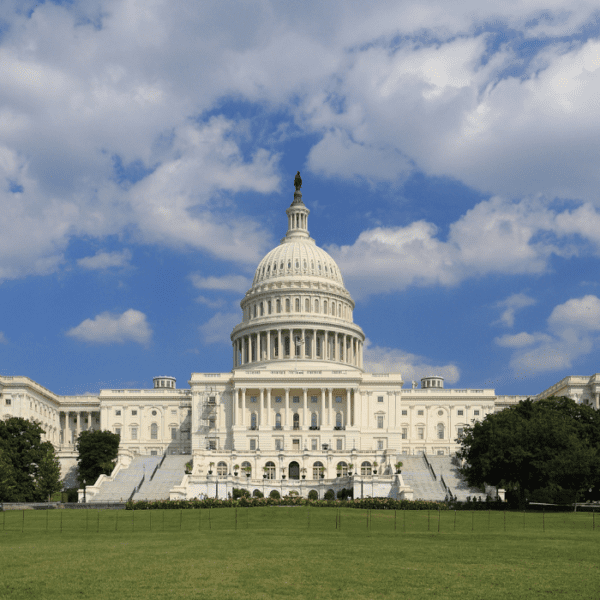This guest op-ed reflects the thoughts and opinions of the author.
“Buy American has been the law of the land since 1933. But for too long, past administrations have found ways to get around it. Not anymore.” – President Joe Biden
Those remarks, in reference to federal investments stemming from the Infrastructure Investment and Jobs Act, and the Inflation Reduction Act, were part of President Biden’s State of the Union address delivered to Congress in February 2023.
The President is right. For too long, presidents of both parties have paid lip service to Buy American laws. Yet, when it came time for action, they did little to stop the steady decline in American manufacturing. In fact, the federal government’s indifference to following its own laws related to domestic sourcing often accelerated the decline.
President Biden is seeking to change this paradigm. Five days into his Administration, he issued executive orders to strengthen existing made in America requirements in federal law. The President also established a Made in America office within the Office of Management and Budget, which acts as the centerpiece of a government-wide effort to boost domestic procurement within the federal government. His two signature infrastructure bills contain both requirements and incentives for domestic manufacturing and sourcing, including for energy infrastructure.
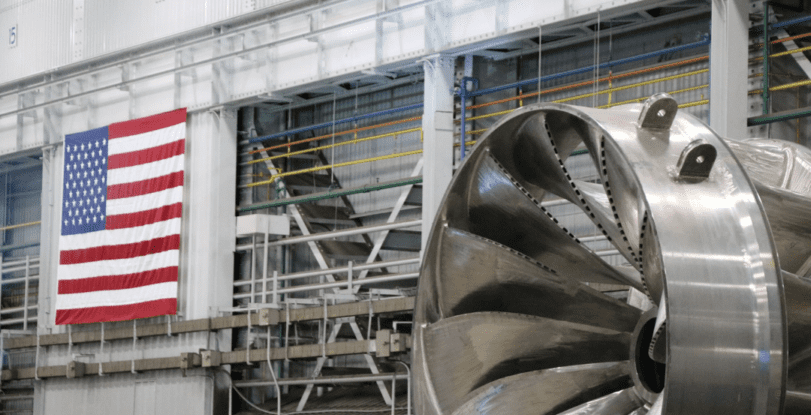
What does “Made in America” mean for U.S. hydropower? Half of the installed capacity in the U.S. is owned by federal agencies, making the federal government by far our biggest potential customer.
Federal policies continue to have a tremendous impact on our industry and drive investment decisions that, in turn, affect domestic job creation. American heavy manufacturers across many industries, including hydropower, have already suffered from decades of under investments in critical infrastructure in the United States, so the decline in the number of American manufacturing companies over the last half-century should come as no surprise.
President Biden’s new approach offers an opportunity for our industry and supply chain. The tax credits and financial incentives included in the Infrastructure Investment and Jobs Act and Inflation Reduction Act hold great promise to ensure that hydropower is an integral part of our clean energy future. Indeed, they clear a path to reach the goals laid out in the Hydropower Vision Report, combat climate change, and decarbonize the U.S. electric supply.
For example, the Inflation Reduction Act includes additional incentives to further entice domestic clean energy manufacturing. Projects that meet domestic content requirements can qualify for an additional 10% bonus, resulting in a 40% renewable energy tax credit in total.
Of course, implementation and enforcement will be key. Efforts are already underway to water down some of the Buy American provisions in the infrastructure bills and, generally, the federal procurement of American-made goods. While these rules must be workable and not lead to unintended consequences, the intent is unambiguous. In a bipartisan effort, Congress has made it clear that we can no longer outsource our manufacturing capabilities while hoping to avoid the consequences.
Hydropower is no exception. While this new approach certainly represents a change, we can supply hydroelectric equipment in the United States in accordance with Buy American. We have the skilled labor force, the technology, and manufacturing capacity, but the missing piece has always been a firm and lasting commitment to American manufacturing from the federal government.
I am encouraged by President Biden’s approach to making it in America, and I was excited by how it was featured so prominently in his annual address to Congress. The key will be putting these principles into practice to the benefit of our economy as a whole.

